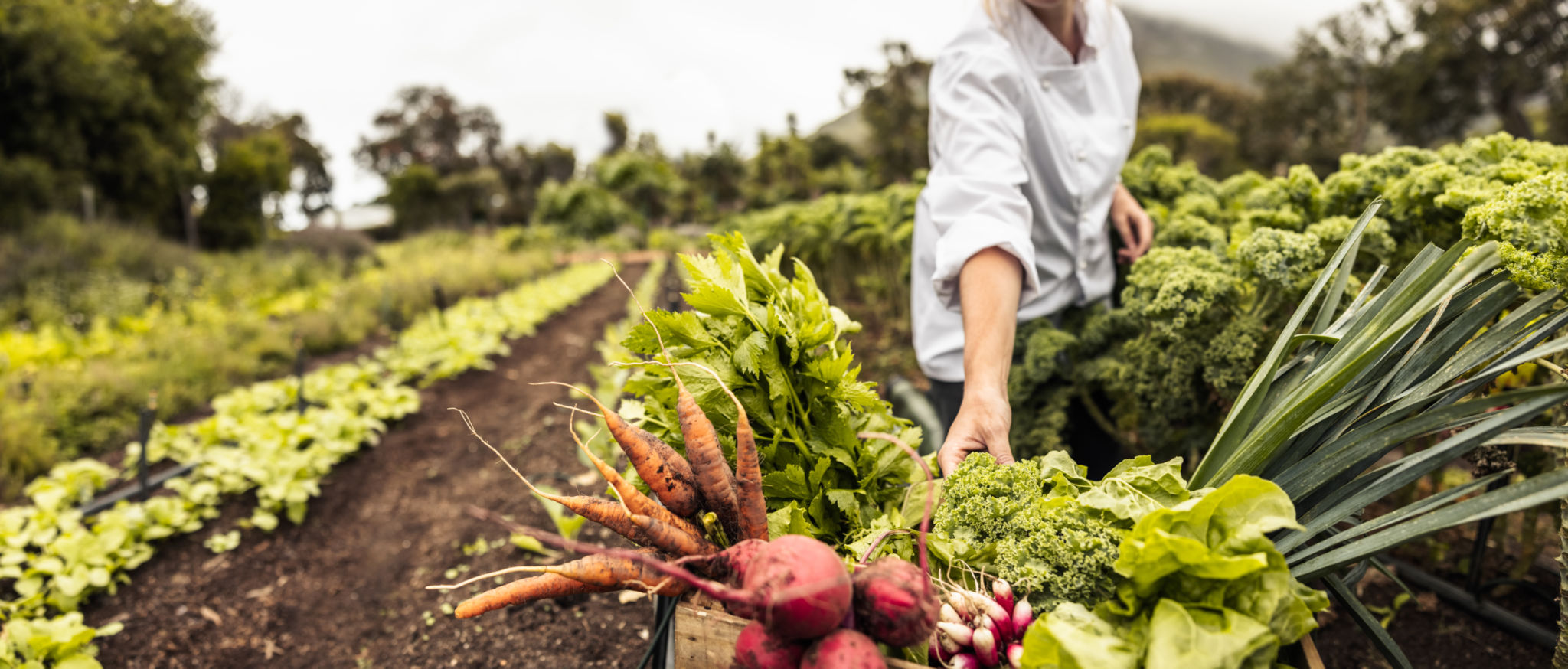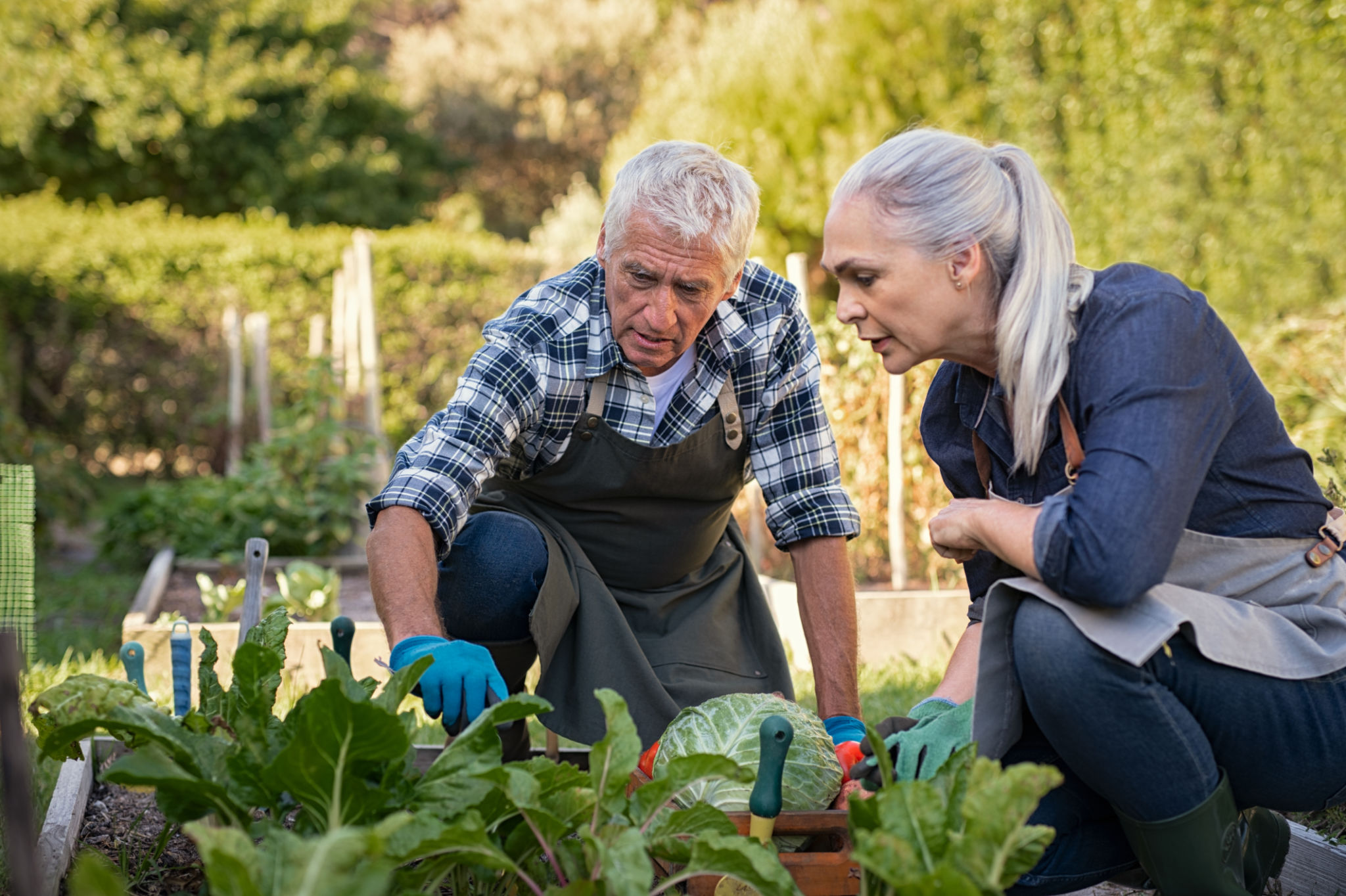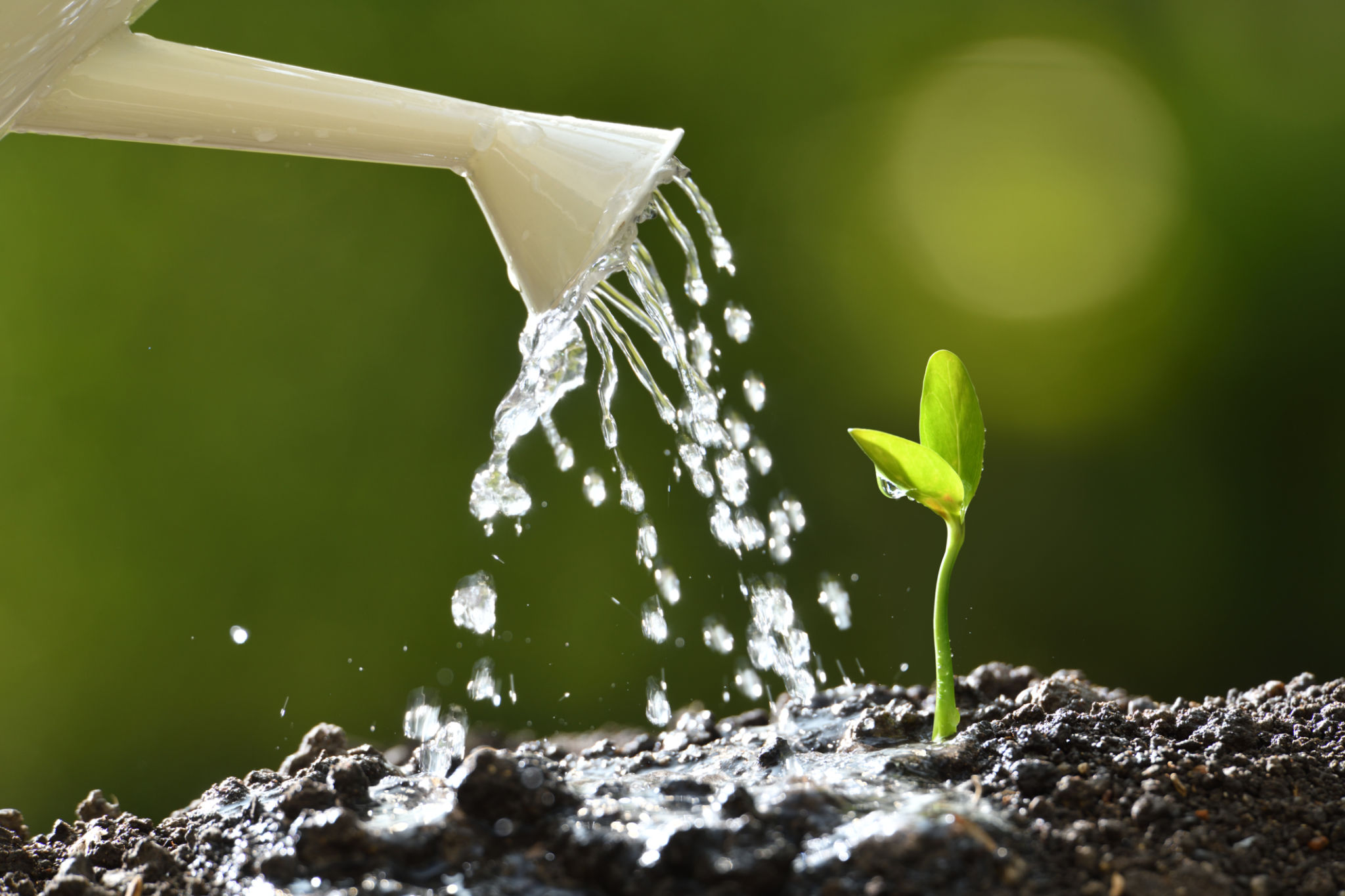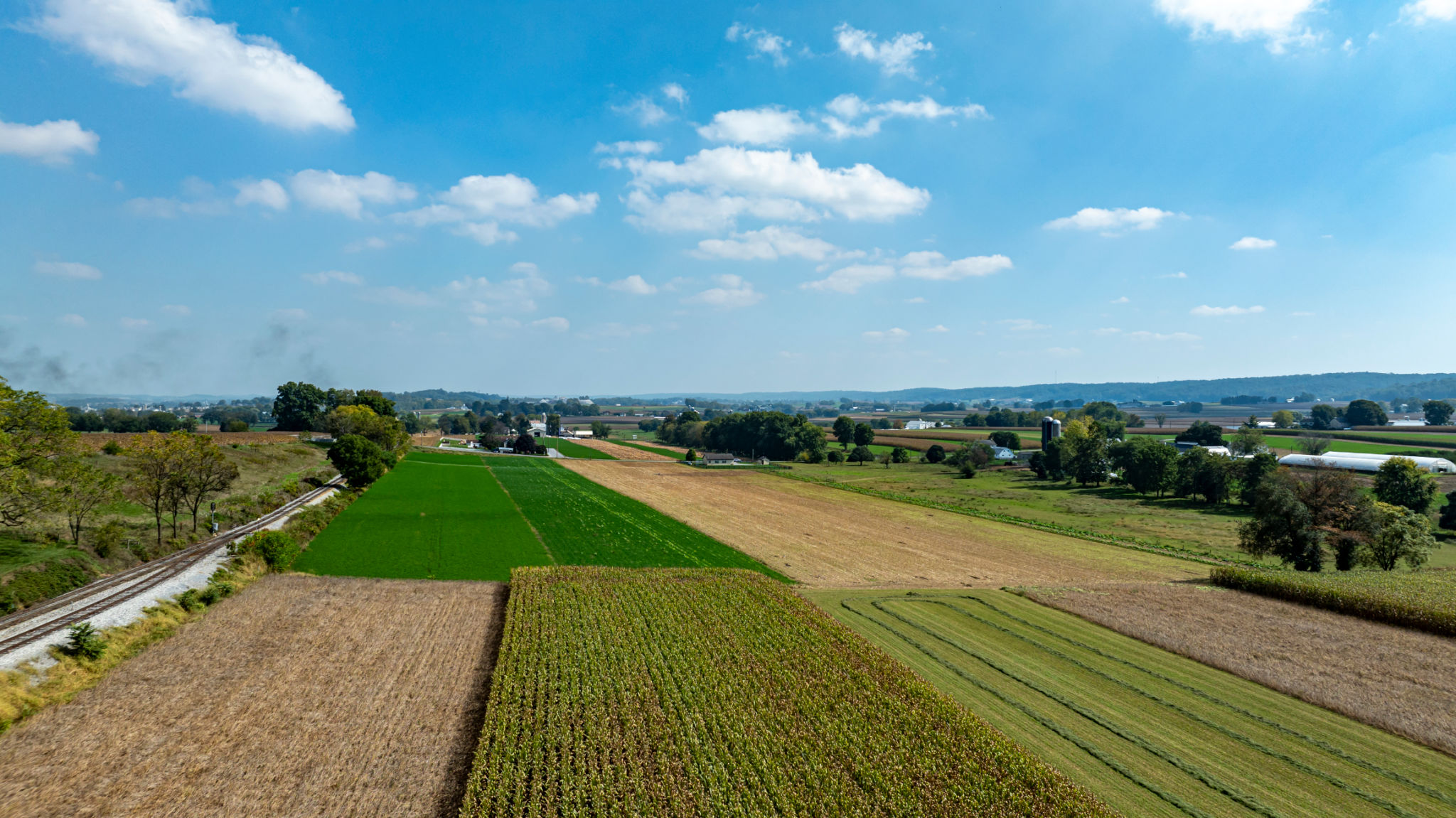Organic Gardening Techniques for Beginners: Start Your Horticulture Journey
Why Choose Organic Gardening?
Embarking on an organic gardening journey is not only an excellent way to produce fresh, healthy food but also a rewarding hobby that fosters a deeper connection with nature. Organic gardening focuses on growing plants without synthetic fertilizers or pesticides, promoting biodiversity, and enhancing soil health. It's a sustainable way to cultivate your garden while minimizing environmental impact.

Understanding Soil Health
The foundation of any successful garden is healthy soil. In organic gardening, maintaining soil health is paramount. Start by testing your soil to understand its pH level and nutrient content. This will guide you in making the necessary amendments. Incorporate organic matter such as compost or well-rotted manure to improve soil structure and fertility. Remember, healthy soil leads to thriving plants.
Companion Planting
Companion planting is a technique that involves growing different plants close together to enhance growth, deter pests, and optimize space. For example, planting basil near tomatoes can improve the flavor and growth of the tomatoes while repelling insects. Similarly, marigolds can deter nematodes and other pests from attacking your vegetables.

Natural Pest Control
Avoiding chemical pesticides is a key principle in organic gardening. Instead, focus on natural pest control methods. Encourage beneficial insects like ladybugs and bees by planting flowers they are attracted to. You can also use homemade solutions such as neem oil or garlic spray to keep pests at bay. Regular monitoring and prompt action can prevent infestations from taking hold.
Watering Wisely
Efficient watering is crucial for any garden. Water deeply but infrequently to encourage deep root growth. Early morning is the best time for watering, as it reduces evaporation and allows leaves to dry before nightfall, preventing fungal diseases. Consider installing a drip irrigation system to conserve water and ensure even distribution.

Mulching for Success
Mulching is an effective way to retain moisture, suppress weeds, and improve soil health. Use organic materials like straw, wood chips, or grass clippings as mulch. Apply a thick layer around your plants, but keep it away from stems to prevent rot. Mulching not only conserves water but also adds nutrients to the soil as it breaks down.
The Role of Crop Rotation
Crop rotation is another essential practice in organic gardening. It involves changing the location of plant families within your garden each season to prevent soil depletion and control pests and diseases. For example, follow heavy feeders like tomatoes with nitrogen-fixing legumes such as peas or beans.

Harvesting and Enjoying the Fruits of Your Labor
After months of nurturing your garden, it's time to enjoy the rewards. Harvest your produce at its peak ripeness for the best flavor and nutritional value. Remember to share your bounty with friends and family or donate excess produce to local food banks.
Starting an organic garden requires patience and dedication, but the benefits far outweigh the effort. By implementing these techniques, you’re not just growing plants; you’re fostering a healthier lifestyle and contributing to a sustainable planet.